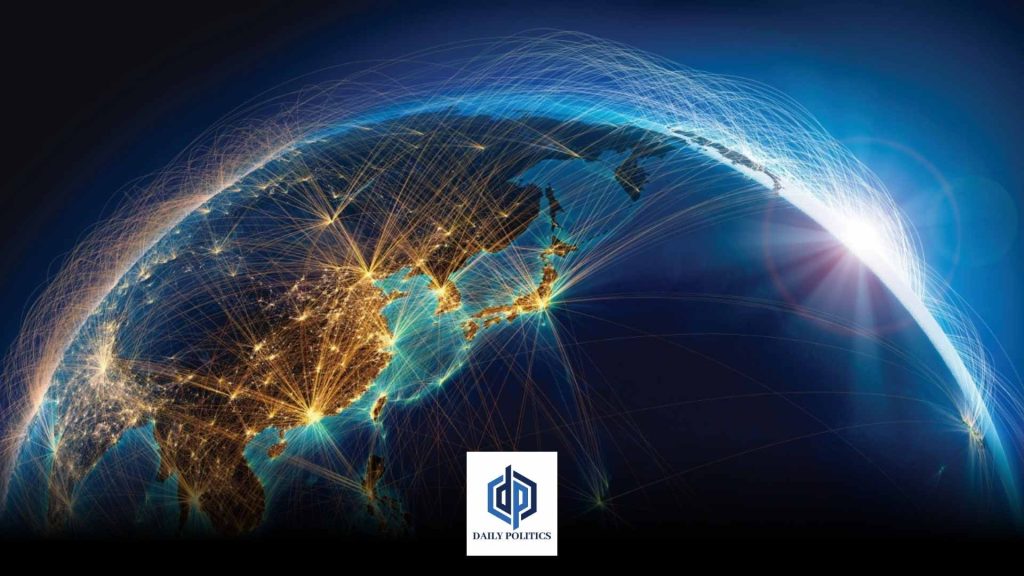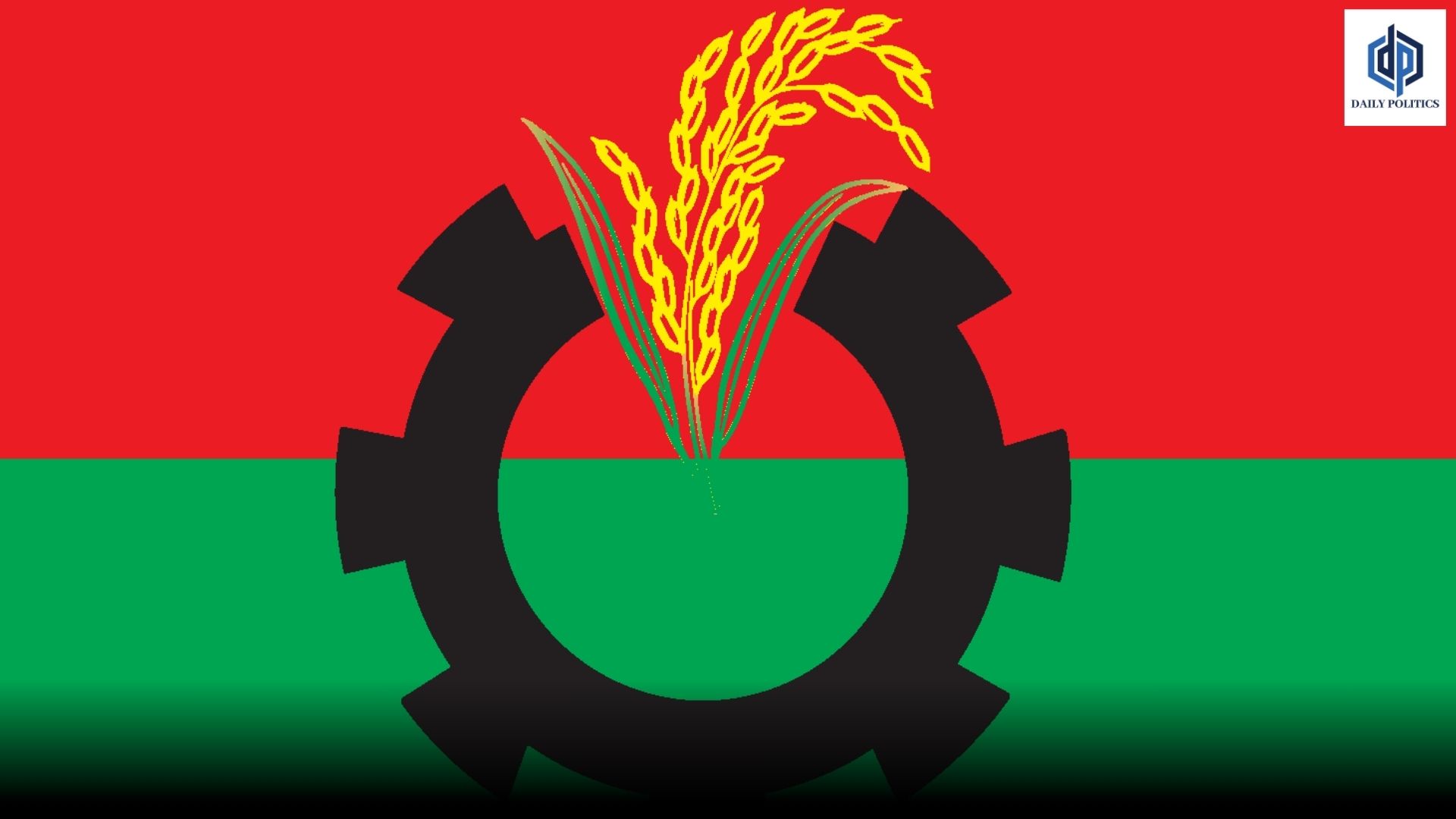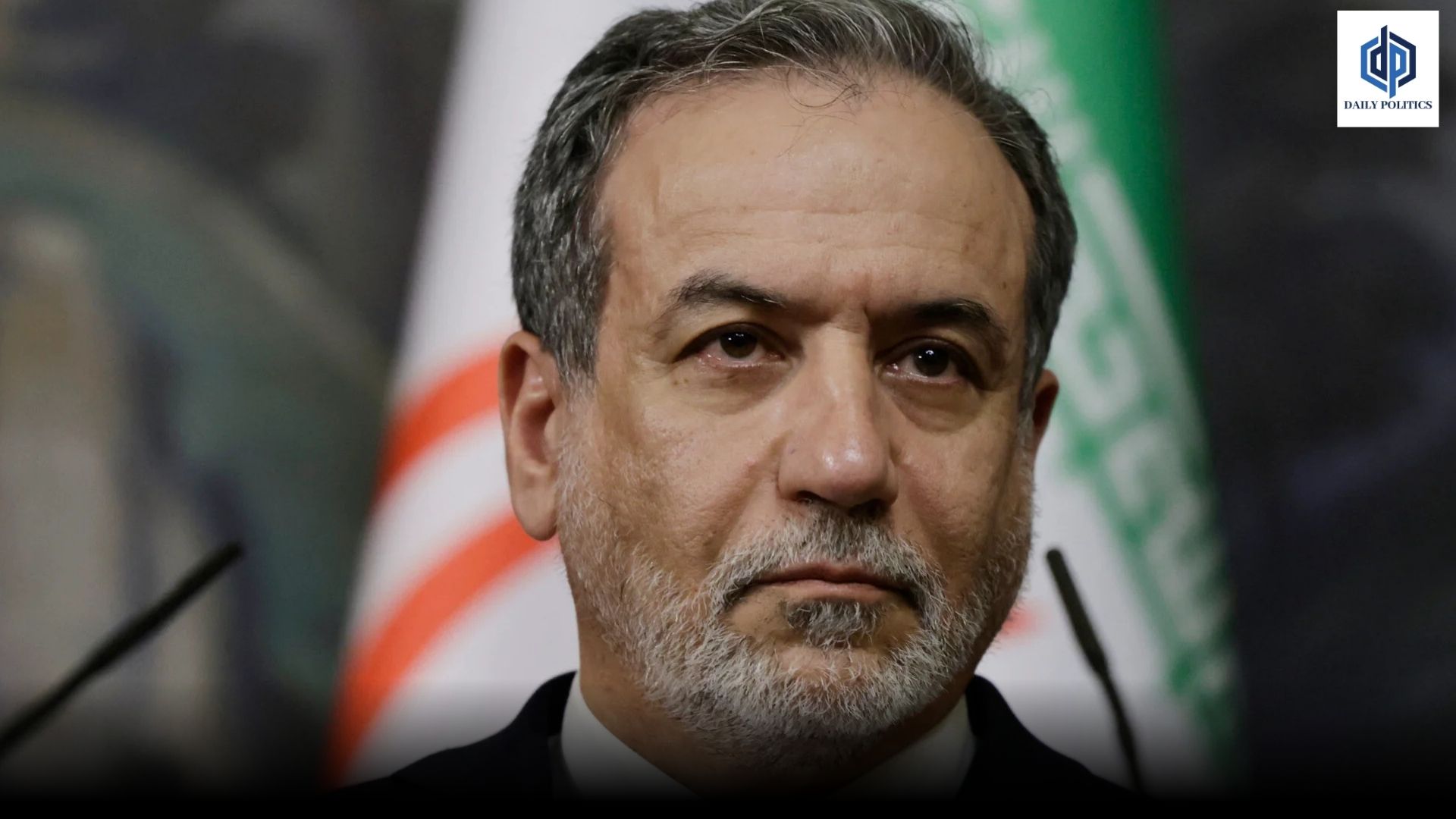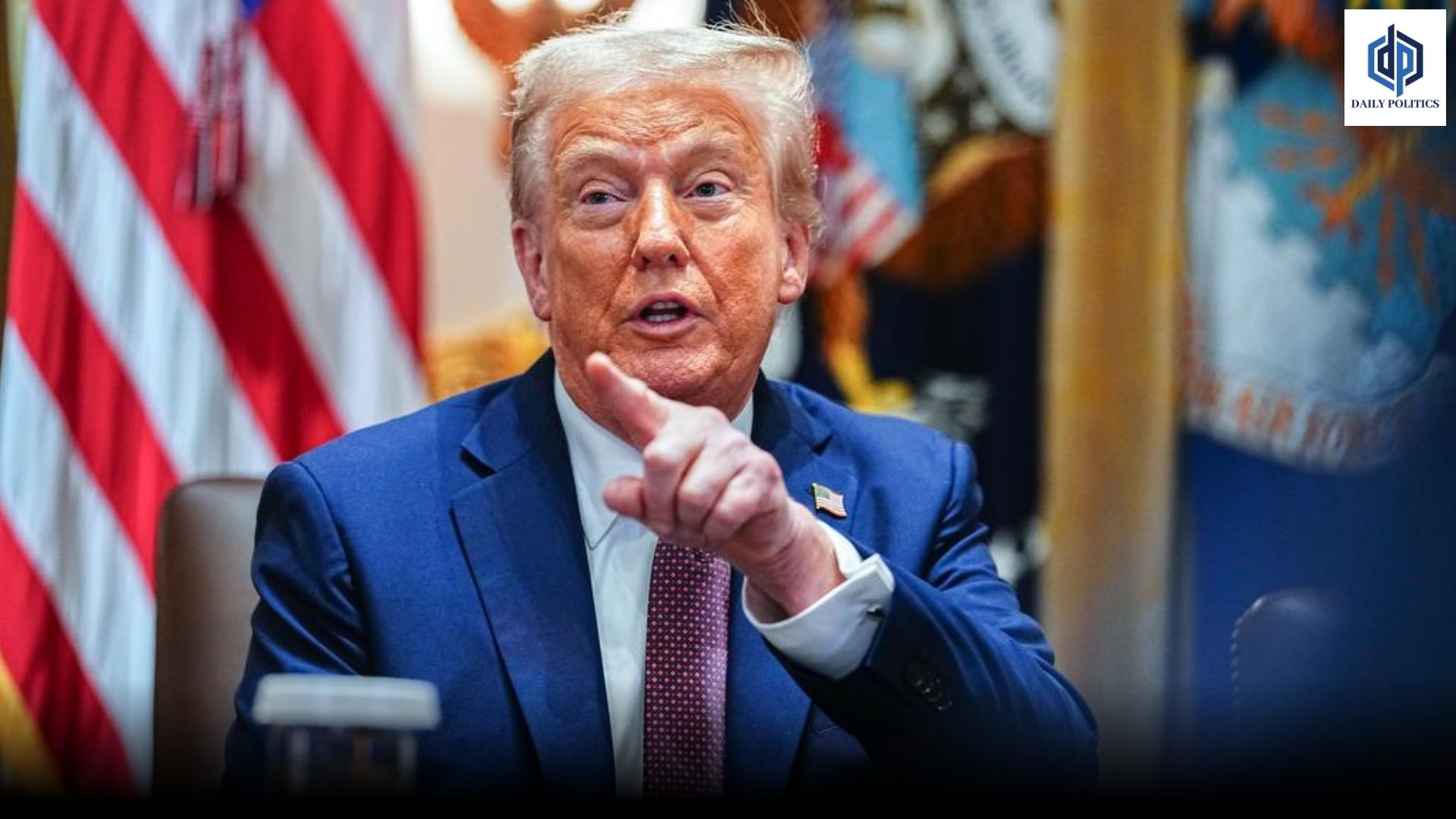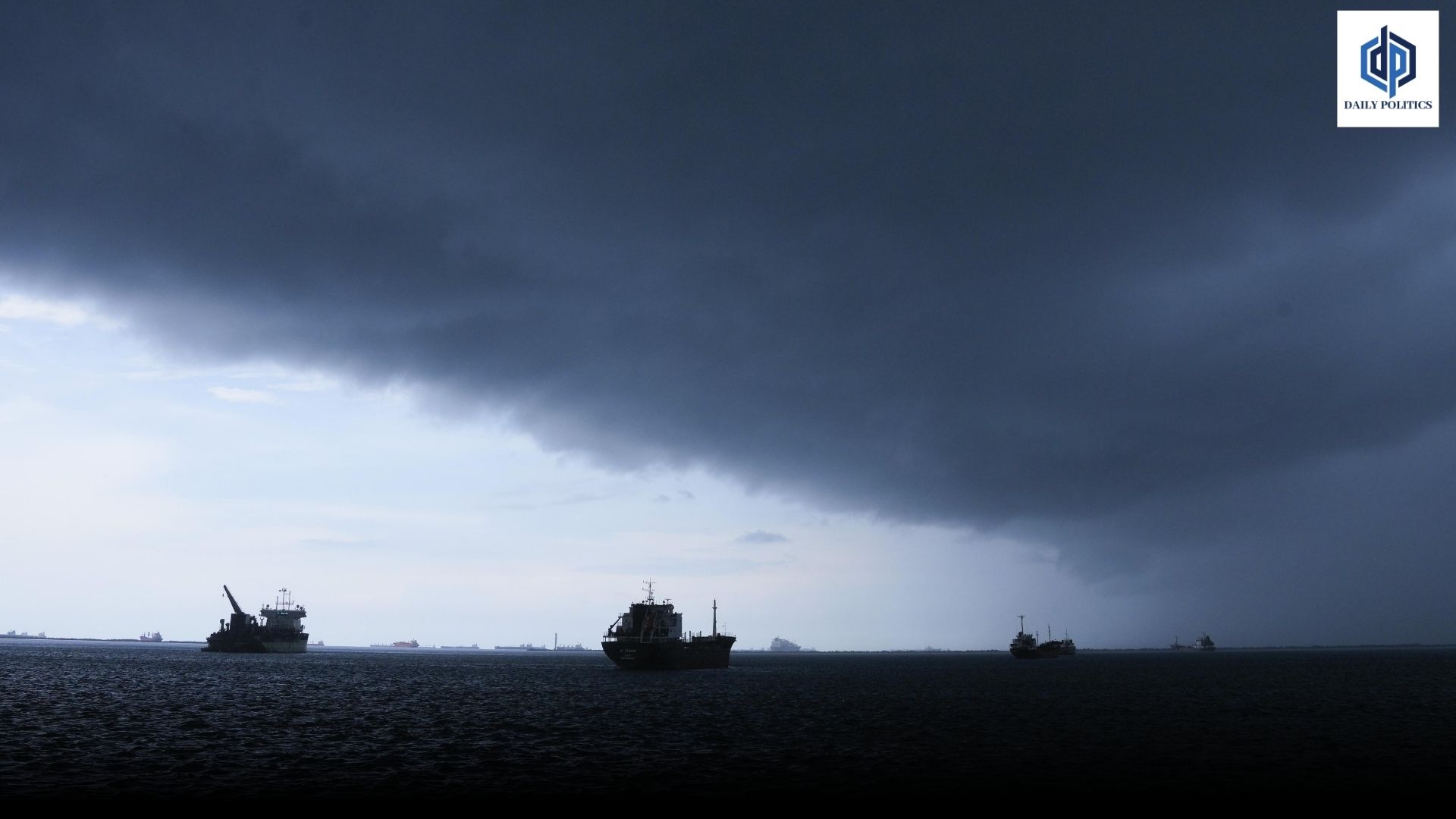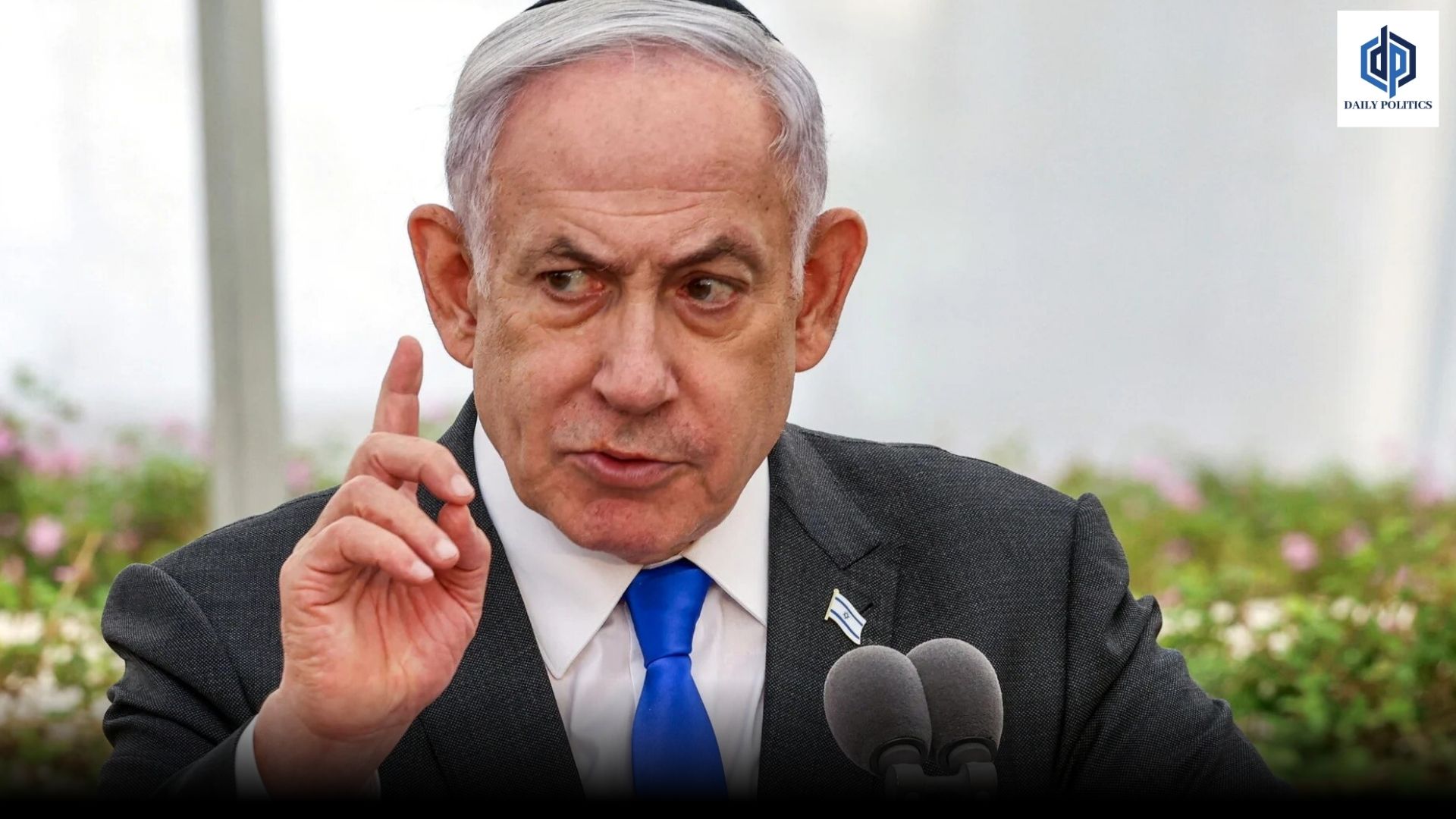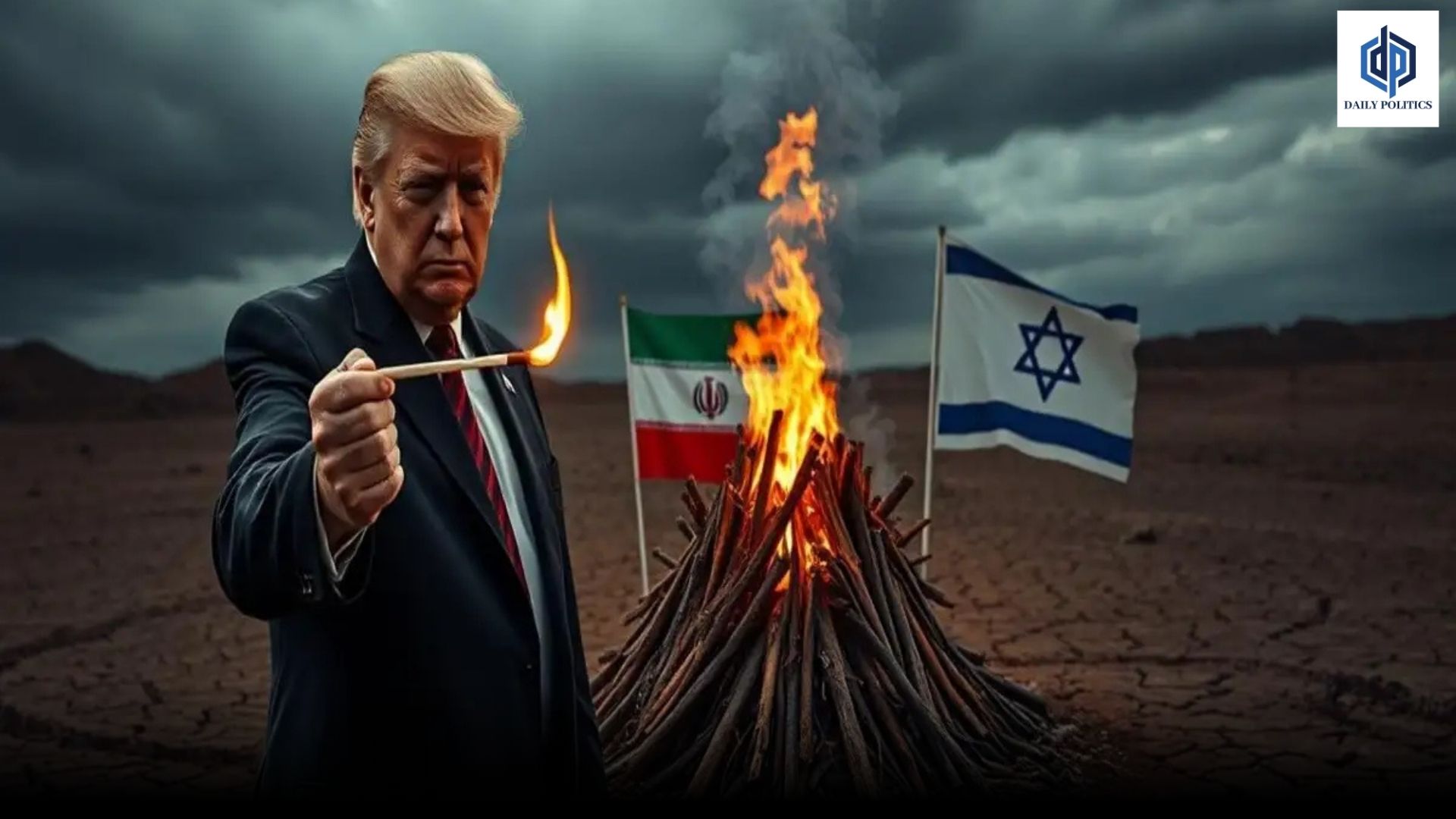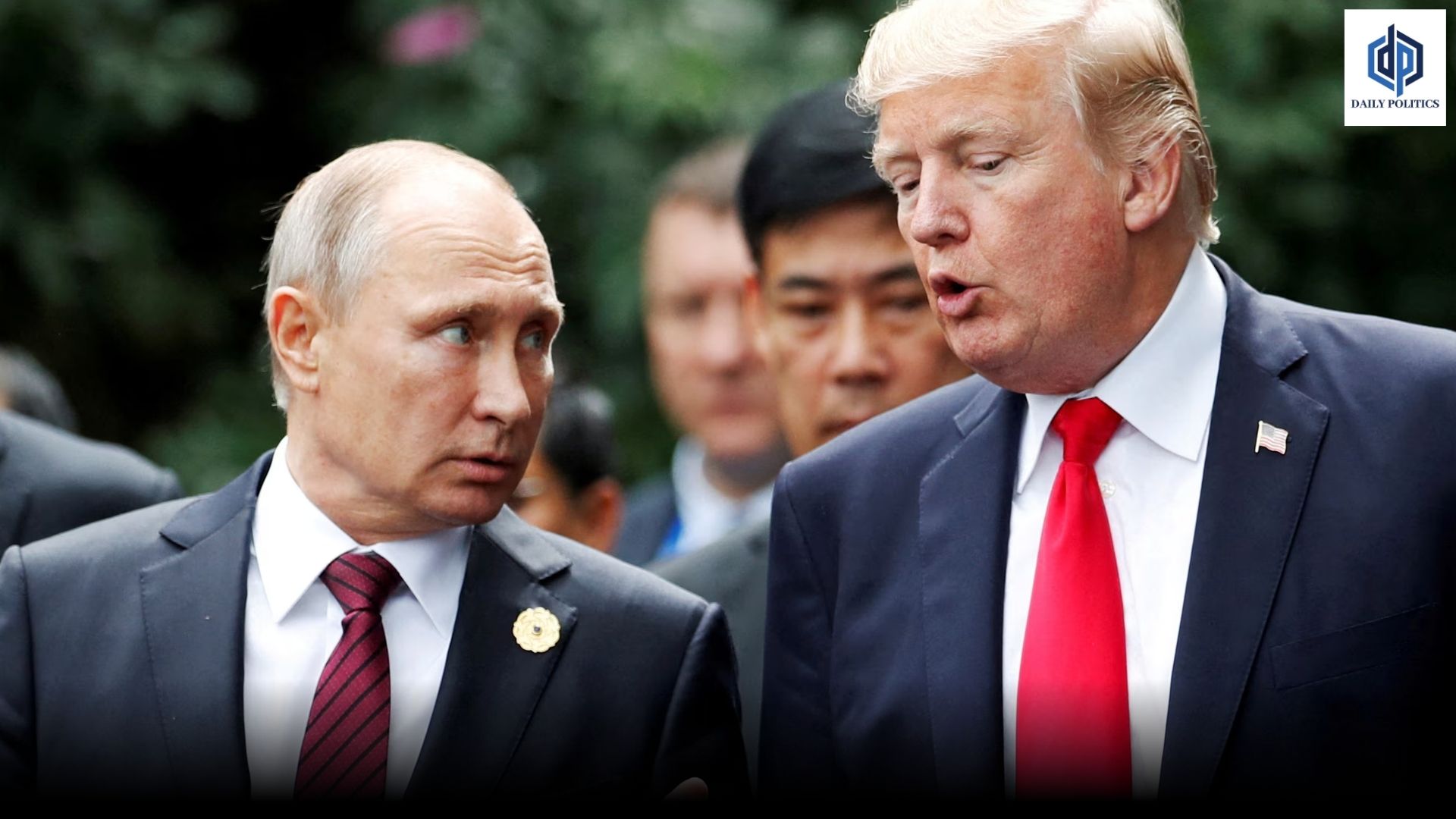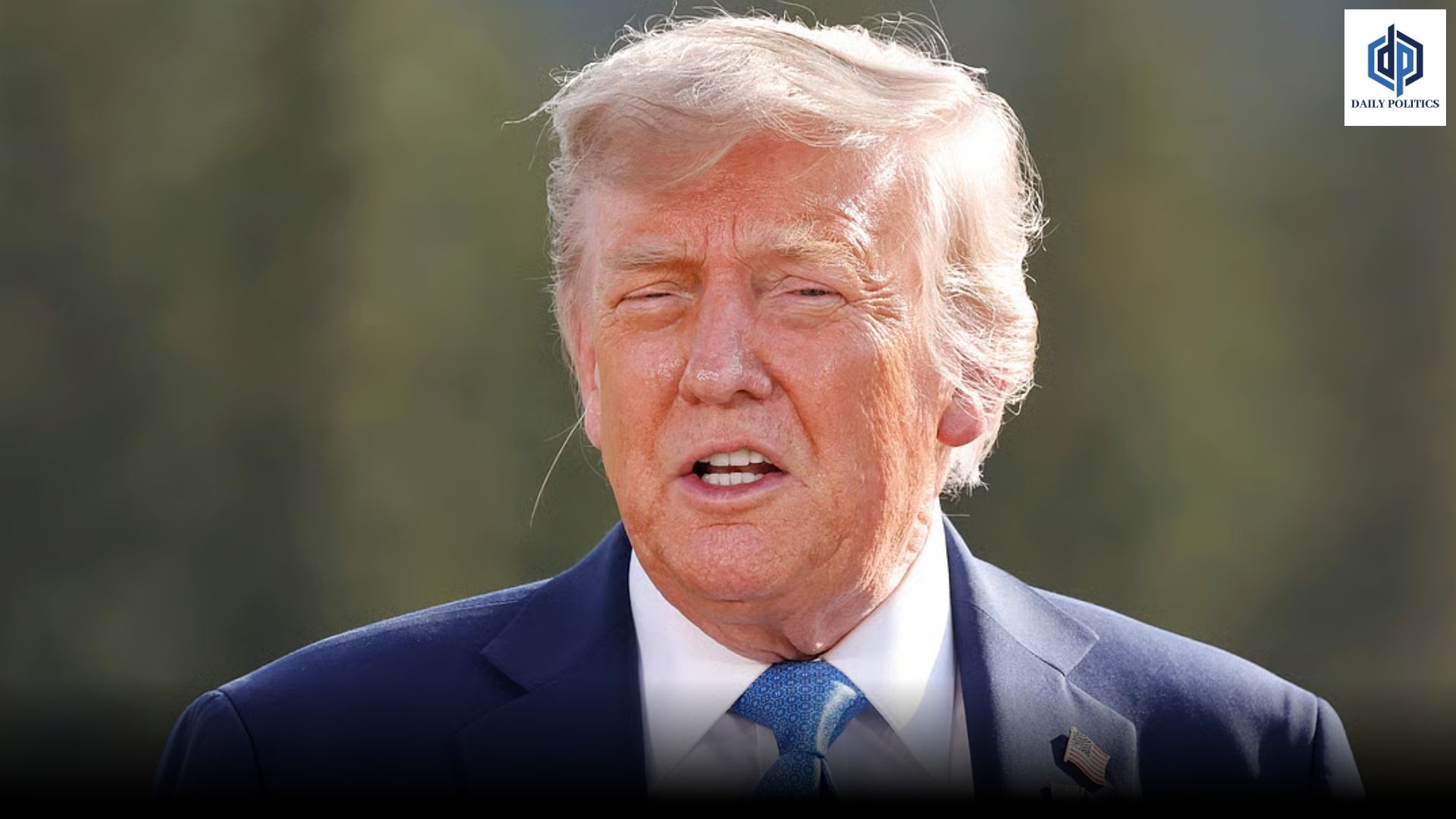As the world becomes more connected, the development of global laws is becoming an important part of shaping the political, economic, and social landscape of countries. New problems are emerging that affect more than one country. These problems include foreign trade, human rights, climate change, and cybersecurity. To solve these problems, we need a coordinated set of laws that balance national sovereignty with the need for global government.
The Shift toward Global Legal Standards
In the last few decades, global law has changed from focusing on laws that only apply to one country to focus on laws that allow countries to work together. The creation of international groups like the International Criminal Court (ICC), the United Nations (UN), and the World Trade Organization (WTO) shows that more and more countries are following global law standards. Through treaties, conventions, and legal protocols, these groups help countries deal with difficult cross-border problems by giving them a place to work together.
Recognizing shared interests is one of the main steps in creating world law. For example, the Paris Agreement, which was made in 2015 by nearly 200 countries, promised to cut down on greenhouse gas emissions because climate change is a danger to all countries. The deal is an important step forward in global environmental law because it makes states legally obligated to stop global warming.
Comparative Legal Systems and Harmonization
Harmonization is often the goal of global law, but legal systems worldwide are still very different. Different areas follow different types of law, such as common law, civil law, Islamic law, and customary law. Political, cultural, and social factors shape each type of law. Even though these laws are different, there is a clear push for them to be more similar in areas like human rights, trade, and intellectual property.
For example, the General Data Protection Regulation (GDPR), which the European Union (EU) passed in 2018, set a standard for privacy rules around the world. The rule affected EU member states and businesses worldwide that had to follow its rules. This shows that regional laws can affect a global level. International trade deals like the Trans-Pacific Partnership (TPP) have also made trade rules the same in many countries, which has helped their economies become more integrated.
On the other hand, harmonizing rules worldwide can be challenging. Many countries do not want outsiders to change their laws, especially regarding criminal law, workers’ rights, and intellectual property, where national laws are strongly rooted in local values and customs. This resistance shows how difficult it is to uphold national sovereignty while supporting global legal standards.
Emerging Areas of Global Legislation
As technology changes quickly, new areas of world law are emerging. Digital currencies, cybersecurity, and artificial intelligence (AI) are all changing the way laws are usually enforced. Since there isn’t a single set of international laws covering all of these areas, different countries are making their own laws that sometimes disagree with each other.
For instance, cybersecurity laws vary widely from country to country. Some countries have tighter laws to fight cybercrime, while others emphasize privacy and freedom of information. In the same way, rules for AI technologies are still very new. Governments are still figuring out things like algorithmic bias, accountability, and the moral effects of AI choices.
People are calling for the creation of global regulatory bodies that could monitor the creation and use of standards in these areas as a solution to these new problems. These groups would be significant for promoting international cooperation and ensuring that technological progress is based on moral and human rights standards.
The Role of Global Legislation in Human Rights Protection
Protecting human rights is one of the most important jobs of world law. International human rights law, which is based on the Universal Declaration of Human Rights (UDHR) and applied by the International Criminal Court (ICC), is meant to protect everyone from power abuse, no matter what country they are in.
Recent global movements, like #MeToo and Black Lives Matter, have shown how important it is to have strong laws that protect human rights. These groups have made people talk about the need for stronger international laws to stop violence against women, racism, and other kinds of inequality. Even though there has been growth, enforcement is still hard because some countries still need to sign or follow international human rights treaties.
Conclusion: Navigating the Future of Global Legislation
The way global laws change over time shows how the world is becoming more connected while still being complicated and different. There has been much success in protecting the environment, trade, and human rights, but new problems keep coming up. As countries try to figure out how to deal with the legal effects of quickly changing technologies and changing international situations, the need for strong global laws has never been greater.
Finding a balance between national sovereignty and global legal cooperation is essential to ensure that future laws serve all people and respect the many different legal practices worldwide. Laws need to be harmonized because actions in one place can have effects worldwide. This may be one of the most important jobs of our time.

